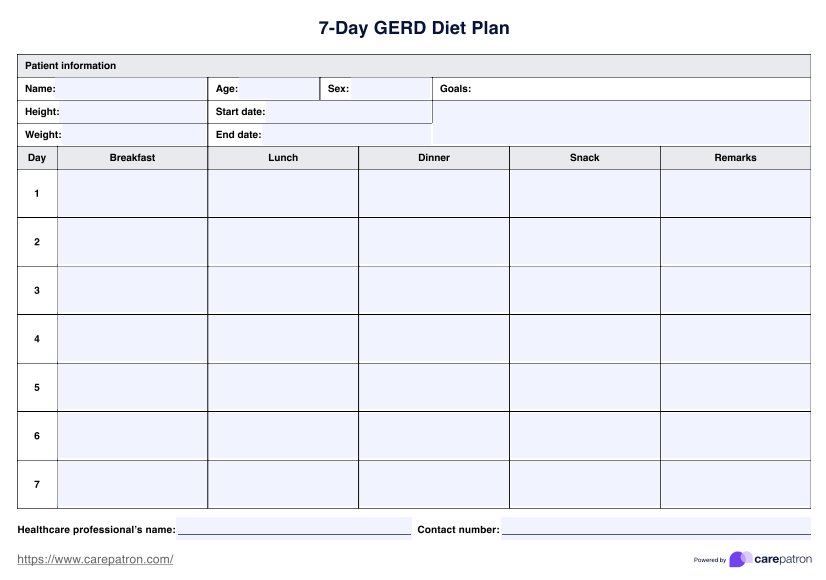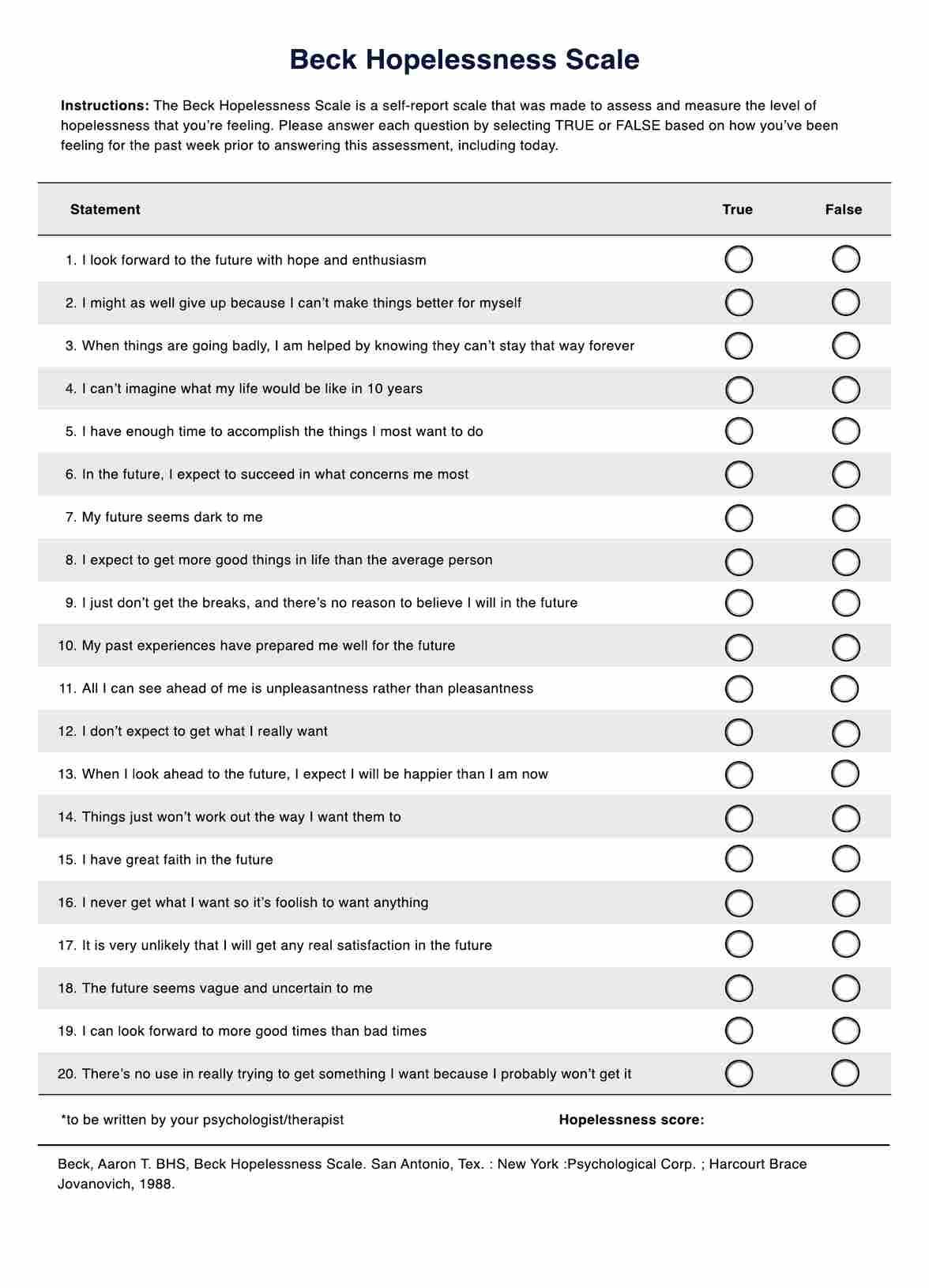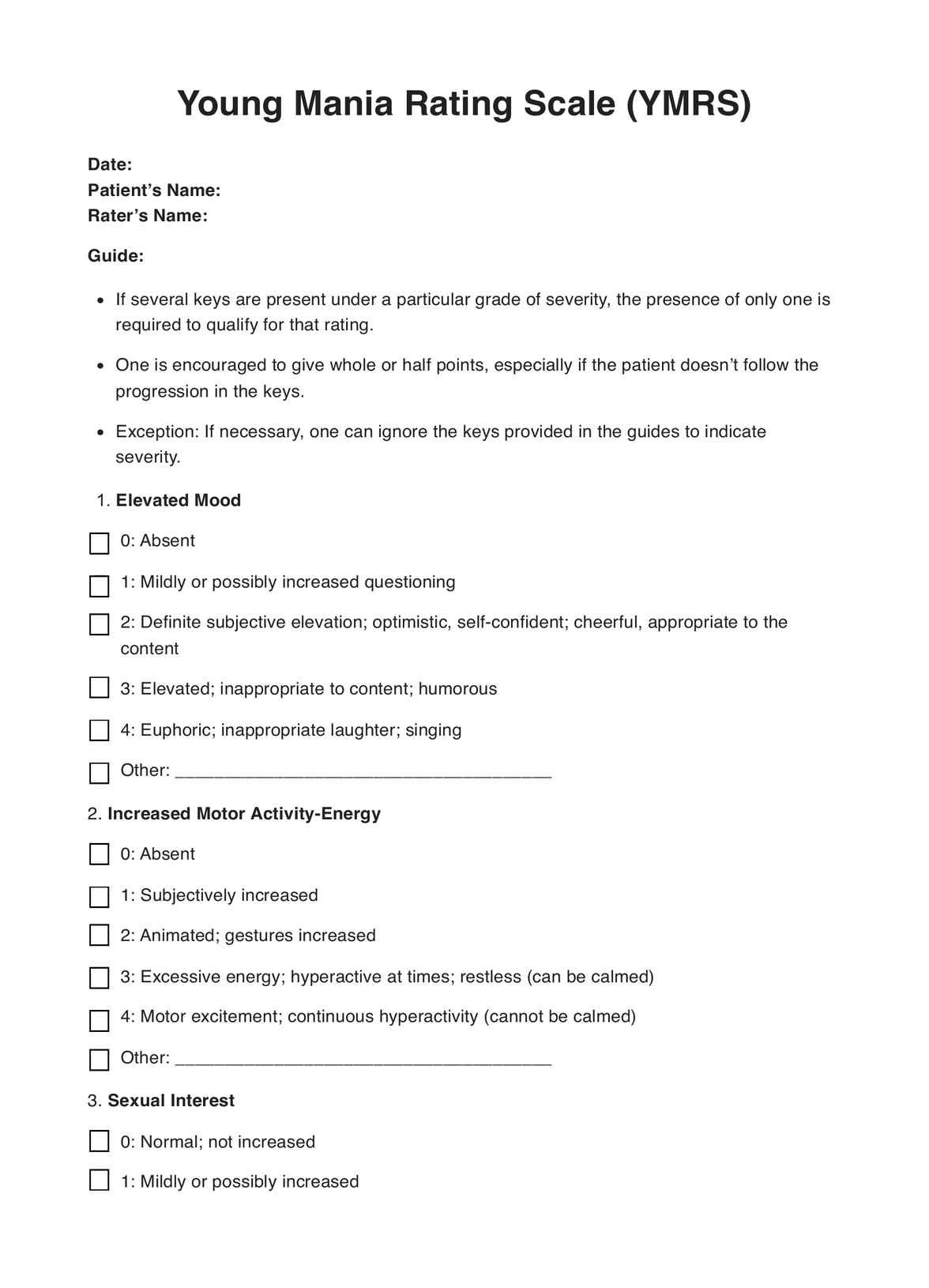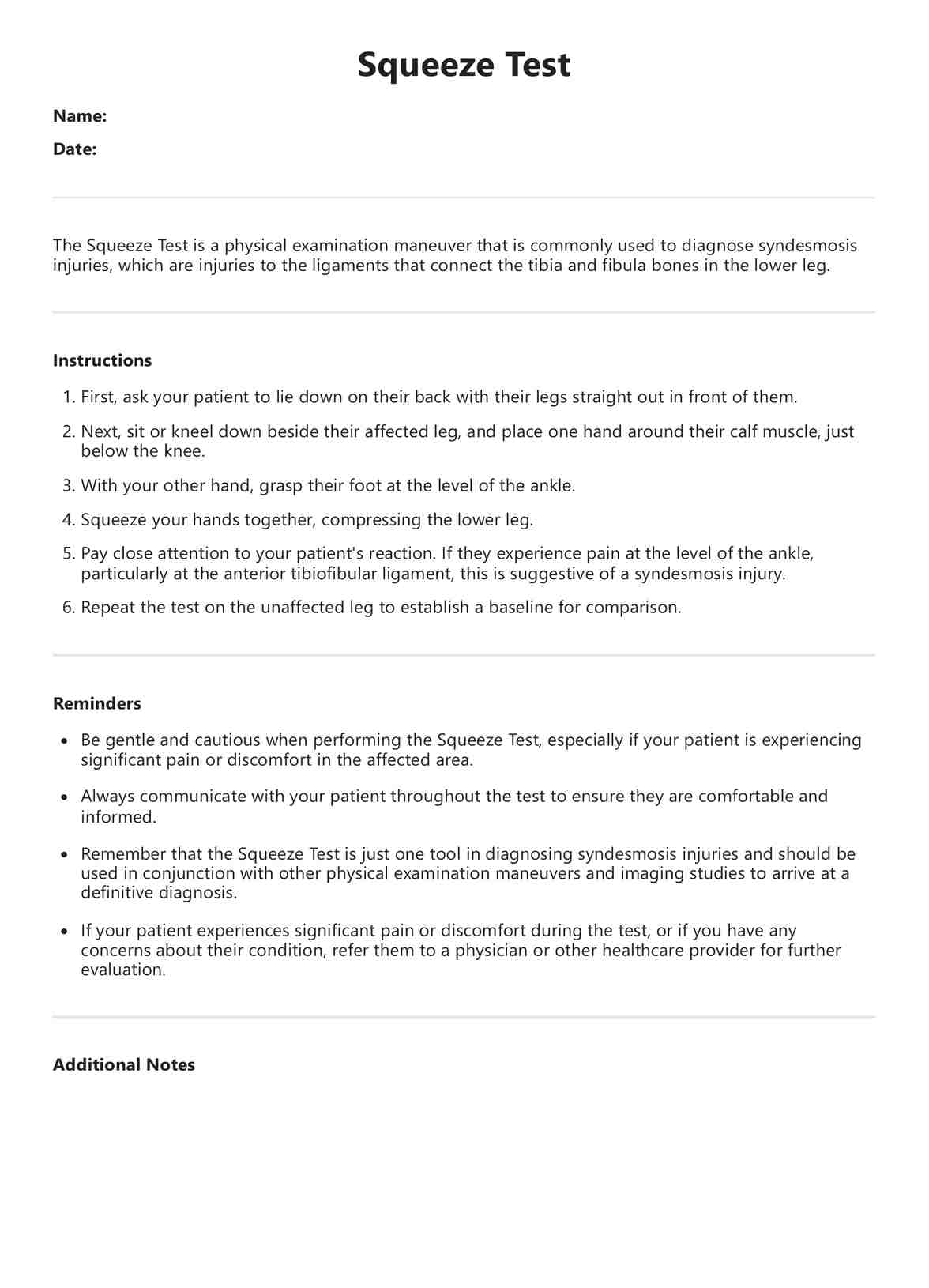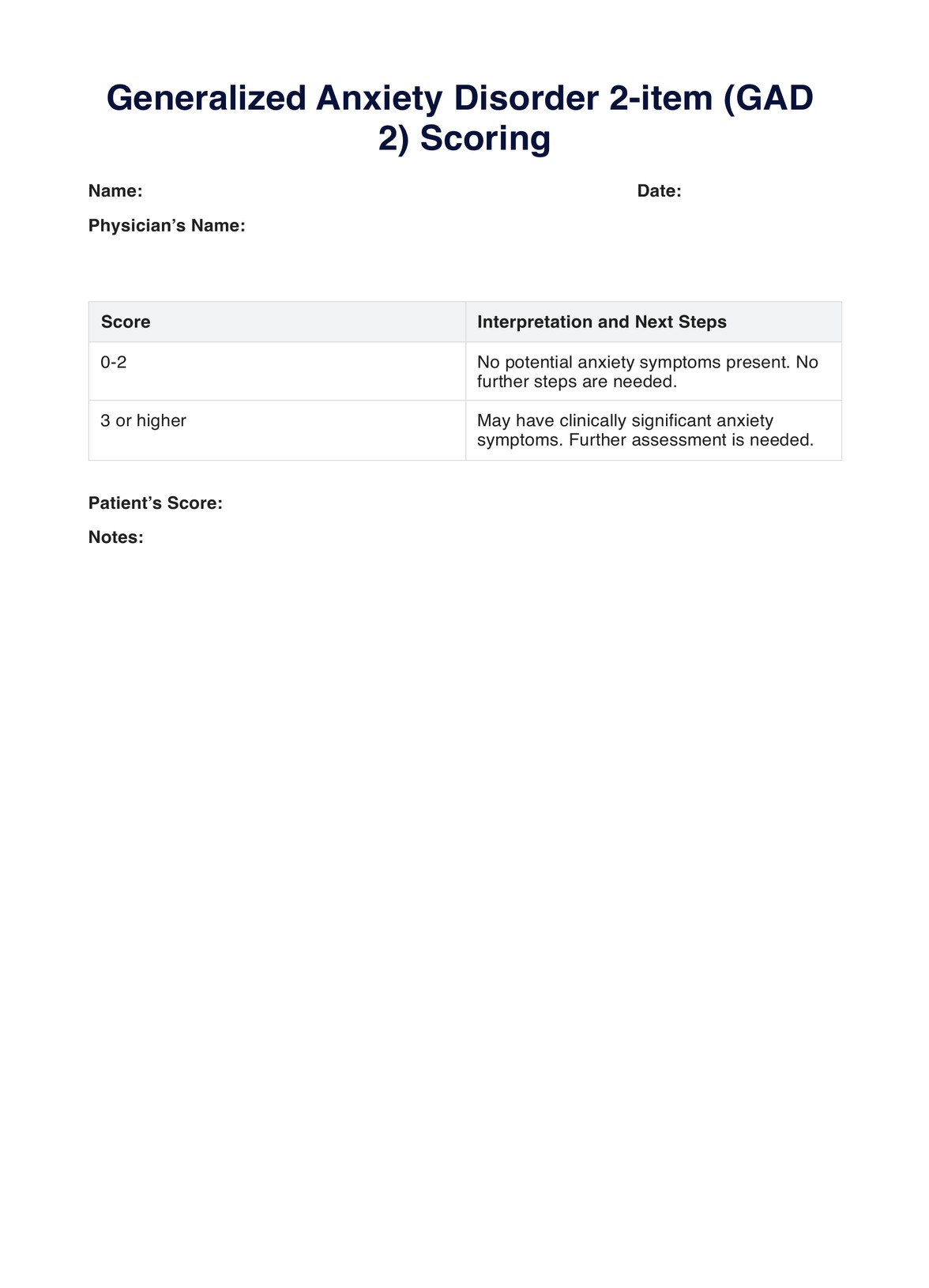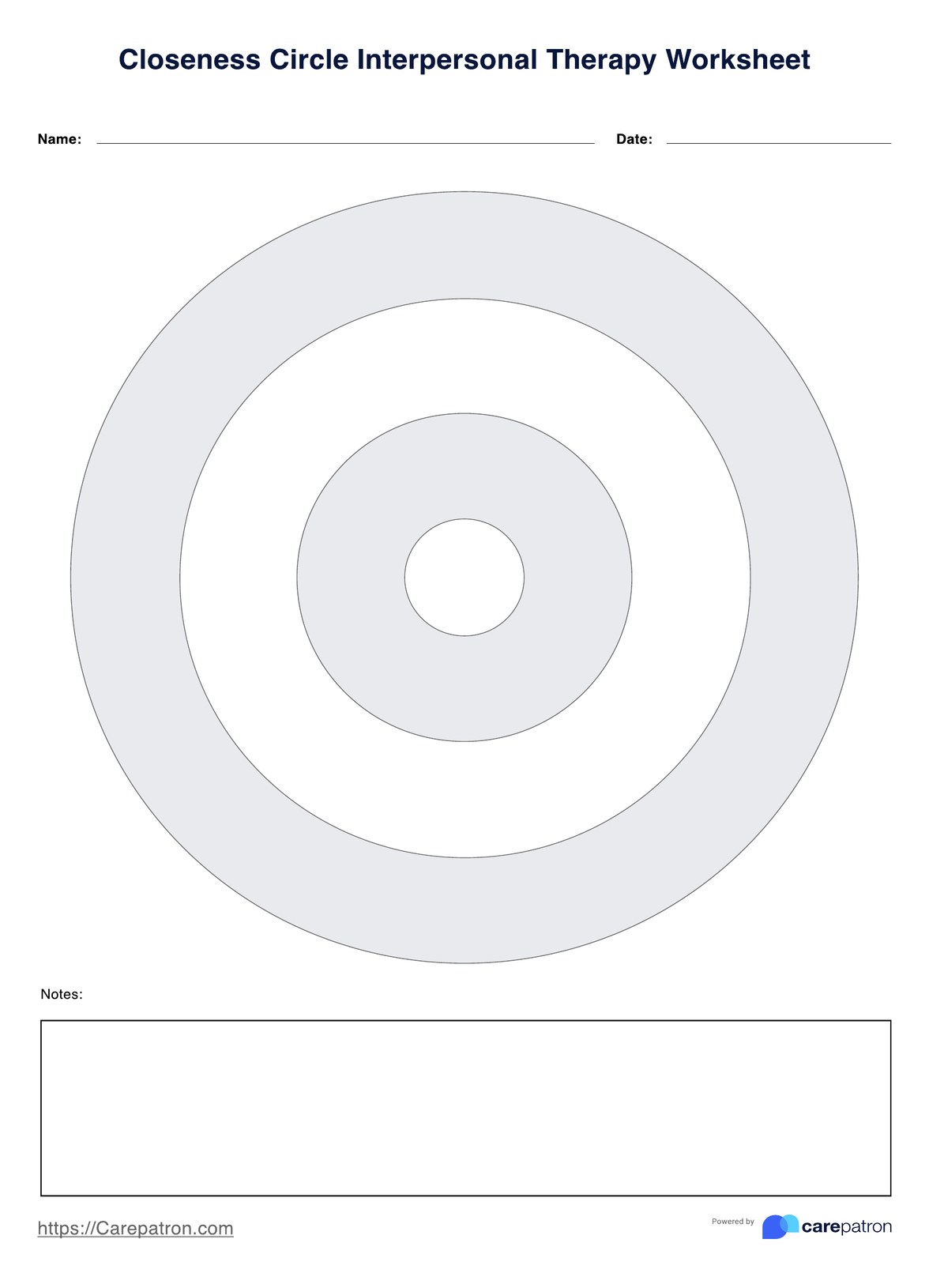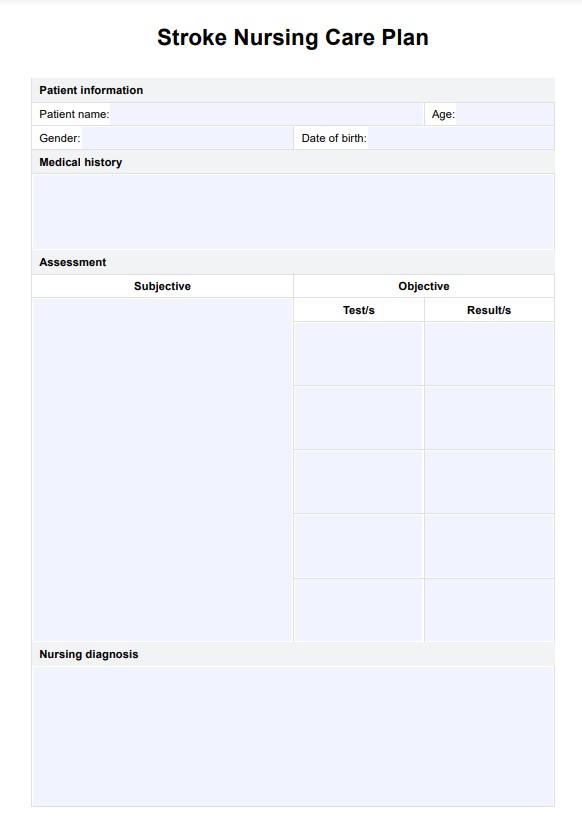4th Step Worksheet
Explore inner healing through the 4th Step Worksheet. Address resentments, fears, and harms. Begin your path to recovery and personal growth now!


What Is a 4th Step Worksheet?
A 4th Step is a crucial phase in the recovery journey, particularly within the framework of 12-step programs like Alcoholics Anonymous. It involves a thorough and fearless moral inventory, prompting individuals to reflect on resentments, fears, harm to others, and sexual conduct. This introspective process is instrumental in uncovering the roots of destructive behaviors and patterns that hinder personal growth.
The 4th Step acts as a catalyst for a spiritual awakening, emphasizing experience over mere understanding. It seeks to address not only the physical aspects of sobriety but, more significantly, the emotional facets, promoting what is termed as emotional sobriety.
4th Step Worksheets, such as those used in various recovery programs, are a guided tool to navigate this introspective journey. Typically organized into sections corresponding to resentments, fears, sex conduct, and harm to others, these worksheets prompt individuals with specific questions.
They aim to aid in the identification of harmful behaviors, their underlying causes, and alternative, healthier responses. The resource acts as a roadmap, assisting individuals in their quest for self-awareness, emotional sobriety, and a transformative recovery experience.
4th Step Worksheet Template
4th Step Worksheet Example
How Does It Work?
Here are four steps to use this Printable 4th Step Worksheet:
Step 1: Familiarize Yourself
Read the instructions carefully before delving into each section. Understanding the purpose of each question is vital to the effectiveness of this worksheet.
Step 2: Reflect Thoughtfully
Take your time with each question, allowing for honest and thorough reflection. Consider the impact of your actions on yourself and others. Be open to acknowledging uncomfortable truths as part of your personal growth.
Step 3: Identify Emotions
Dive deeper into your emotions by selecting the primary emotion associated with your resentments or fears. This step encourages a nuanced understanding of your emotional responses, fostering self-awareness.
Step 4: Recognize Patterns
Recognize patterns in your behavior by identifying common triggers or sources for your resentments, fears, or harmful actions. This insight can be pivotal in breaking destructive cycles and establishing healthier patterns of thinking and behaving.
When Would You Use This Template?
The 4th Step Worksheet is for individuals navigating various recovery programs, including Alcoholics Anonymous and other 12-step-based approaches. This template proves particularly beneficial during the pivotal Fourth Step, where individuals conduct a searching and fearless moral inventory.
It is tailored for practitioners, sponsors, and participants seeking structured guidance in addressing resentments, fears, and harms to foster personal development and emotional sobriety. Ideal for those on a journey of self-discovery and healing, this resource assists in understanding and navigating complex emotions.
Whether you're a counselor, sponsor, or individual in recovery, the 4th Step Worksheet offers a structured framework for introspection and growth. Seamlessly integrate this tool into your recovery journey, fostering a deeper understanding of oneself and paving the way for transformative change.
What Do the Results Mean?
The Free 4th Step Worksheet results offer profound insights into an individual's emotional landscape and behavioral patterns. This tool guides users through a comprehensive self-inventory, uncovering resentments, fears, and harm to others. Common results may include a heightened awareness of past traumas, unmet expectations, and personal shortcomings.
Identifying core emotions such as anger, fear, or hurt contributes to a deeper understanding of one's emotional responses. By delving into fears and their origins, individuals gain clarity on how these fears influence their actions, fostering a path toward emotional sobriety. The examination of past harms illuminates areas for personal growth and amends.
Research & Evidence
Parandaman Thechanamurthi and Ray Bull's study at the University of Leicester explores the 12 Steps Programme's effectiveness in reducing relapse rates among substance-dependent individuals in Singapore. Using a within-subject time series design, the research examines emotional states and social anxiety in treatment and control groups, addressing cultural nuances in the Chinese, Malay, and Indian communities.
While beneficial in some cases, the 12 Steps Programme faces challenges related to cultural acceptance, spirituality, and acknowledgment of addiction, particularly in societies where self-esteem and family reputation are crucial.
Posting hypotheses on emotional state reduction, lowered social anxiety, and decreased relapse rates, the study employs a within-subject time series design. Participants from a Singapore halfway house include Chinese and Indian ethnicities.
Preliminary findings indicate potential differences in emotional states and social anxiety. The study underscores the need to explore further cultural influences on the 12 Steps Programme's success, offering insights for effective addiction treatment across diverse cultural landscapes.
Contributing to ongoing discussions, this research emphasizes the importance of cultural sensitivity in the 12 Steps Programme, providing insights into necessary adaptations for universal effectiveness in addiction treatment.
References
Thechanamurthi P, Bull R (2016) Evaluating the '12 Steps' Programme: Relapse Reduction for Substance Dependency in Relation to Ethnicity. J Psychol Clin Psychiatry 5(6): 00313.
Commonly asked questions
To create a 4th Step Worksheet, individuals typically follow a structured template that includes questions related to resentments, fears, sexual conduct, and harm to others.
These worksheets are often used during the recovery process in programs such as Alcoholics Anonymous.
They are designed to help individuals conduct a moral inventory of their actions, thoughts, and behaviors.
Therapists, counselors, or individuals in recovery can create 4th Step Worksheet templates. These guide users through a reflective process to explore and address various aspects of their lives.


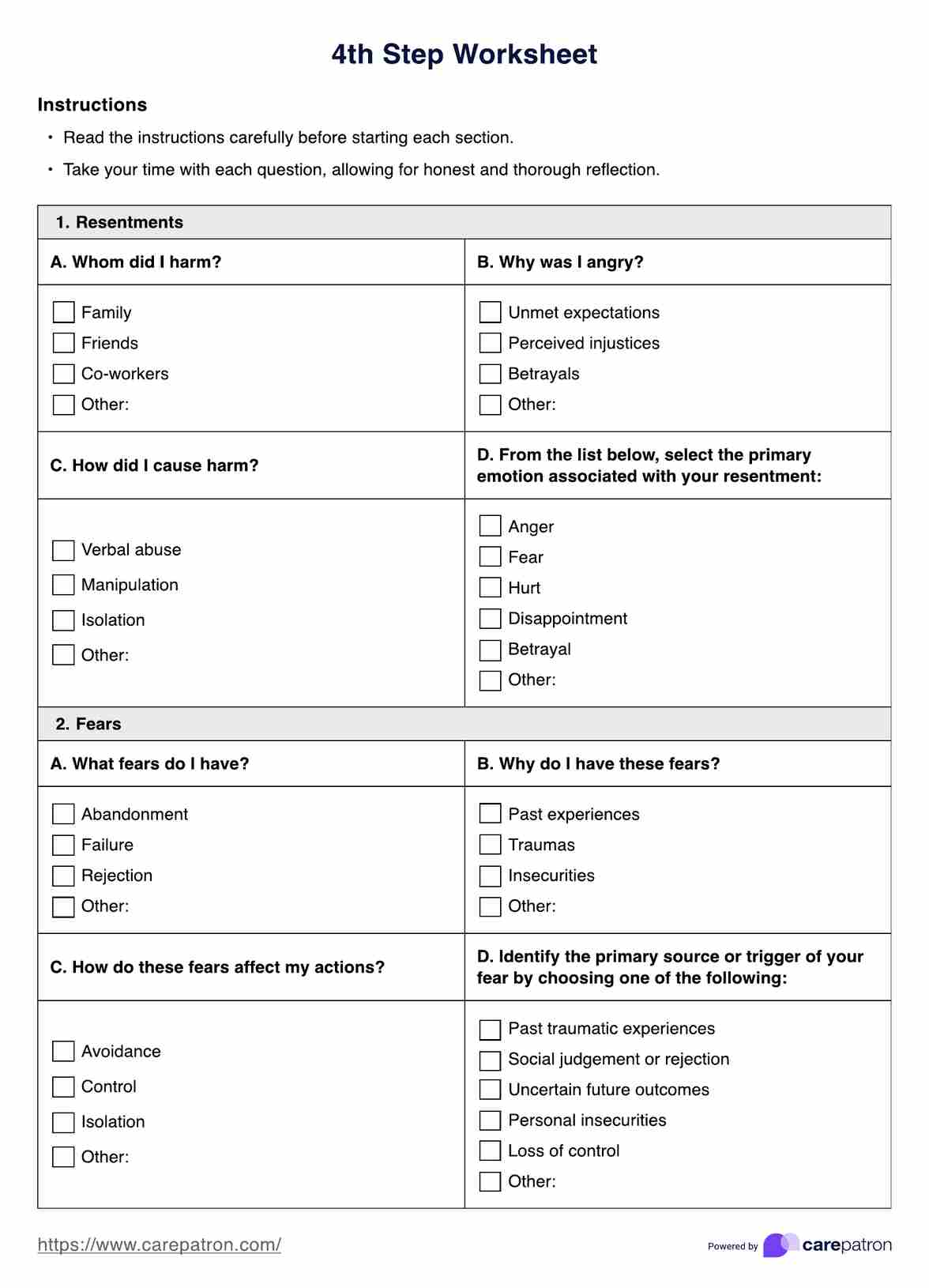
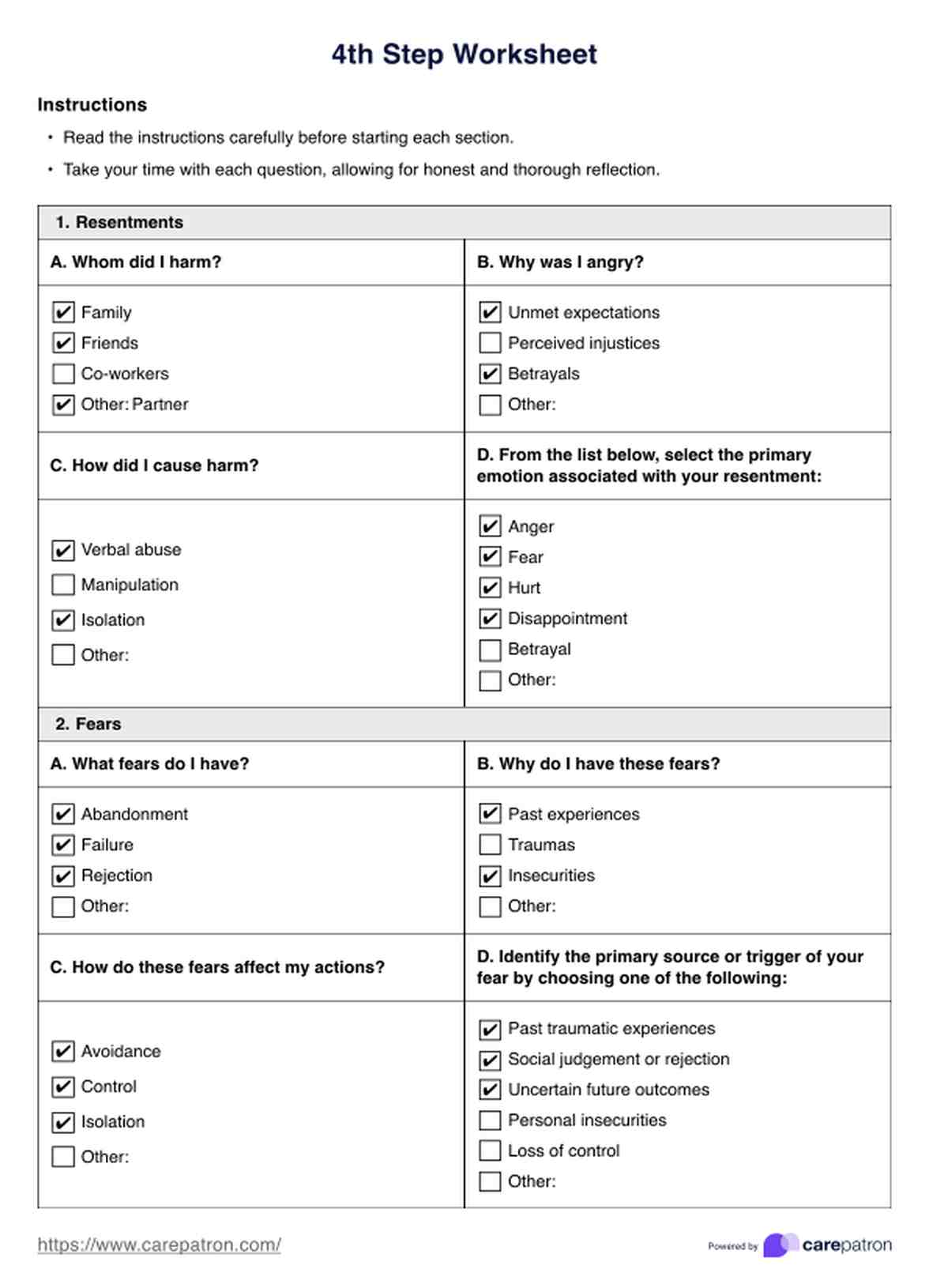

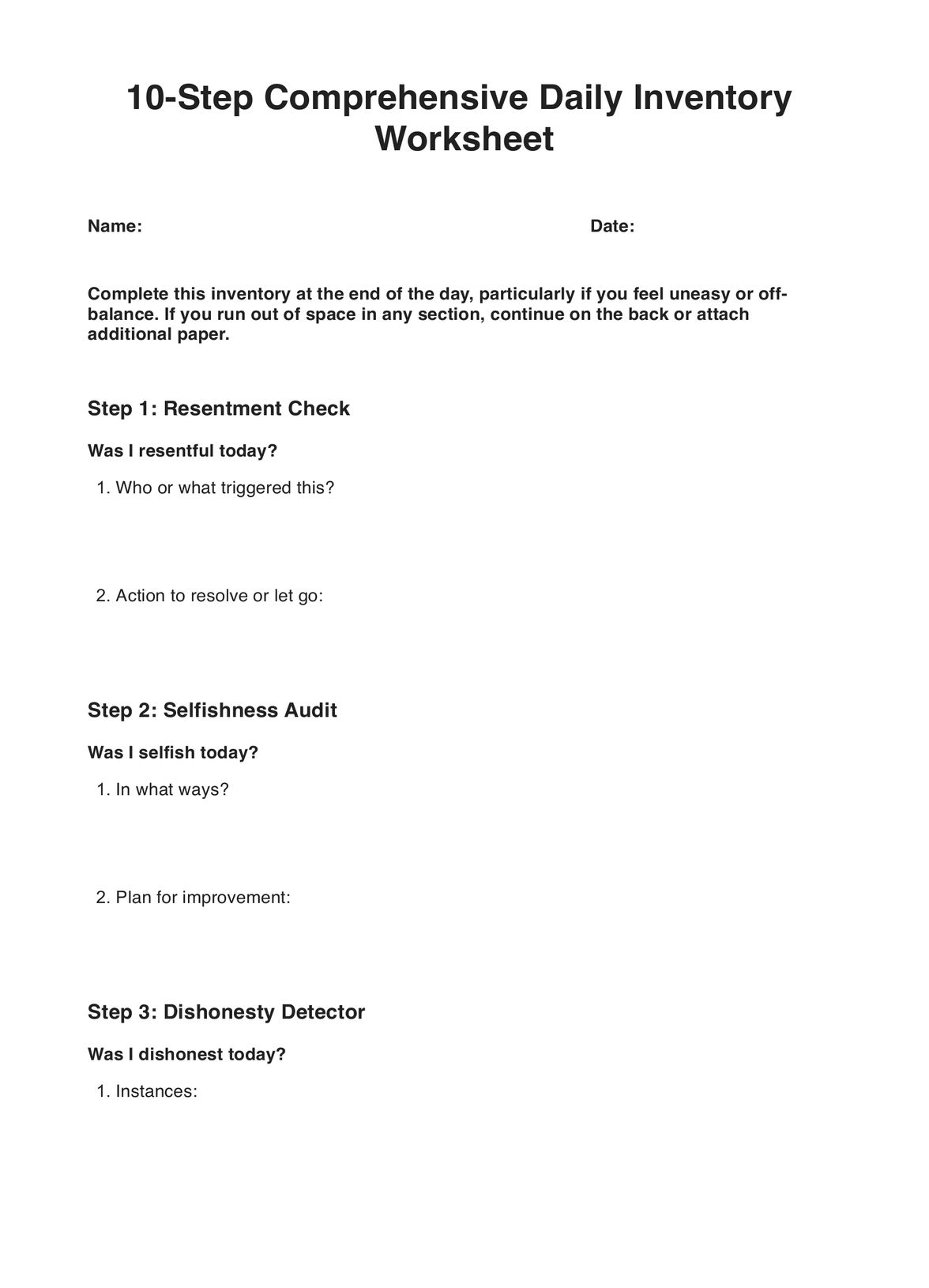
















-template.jpg)



















































































